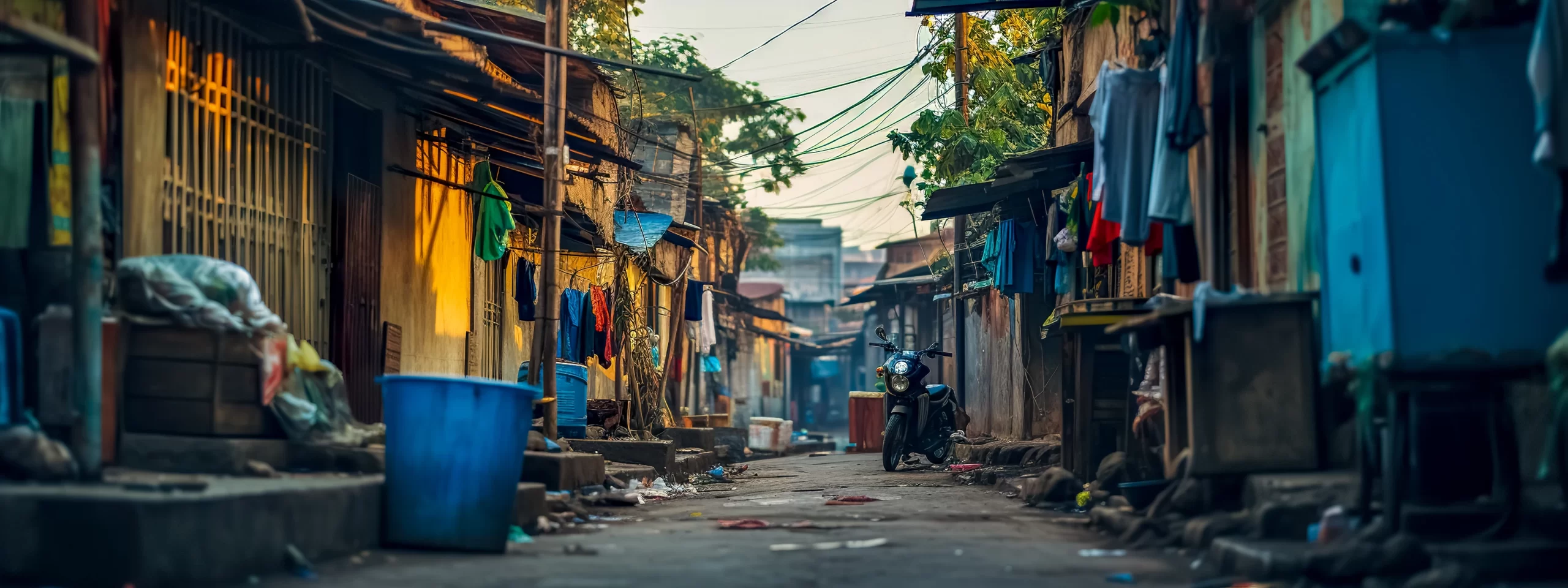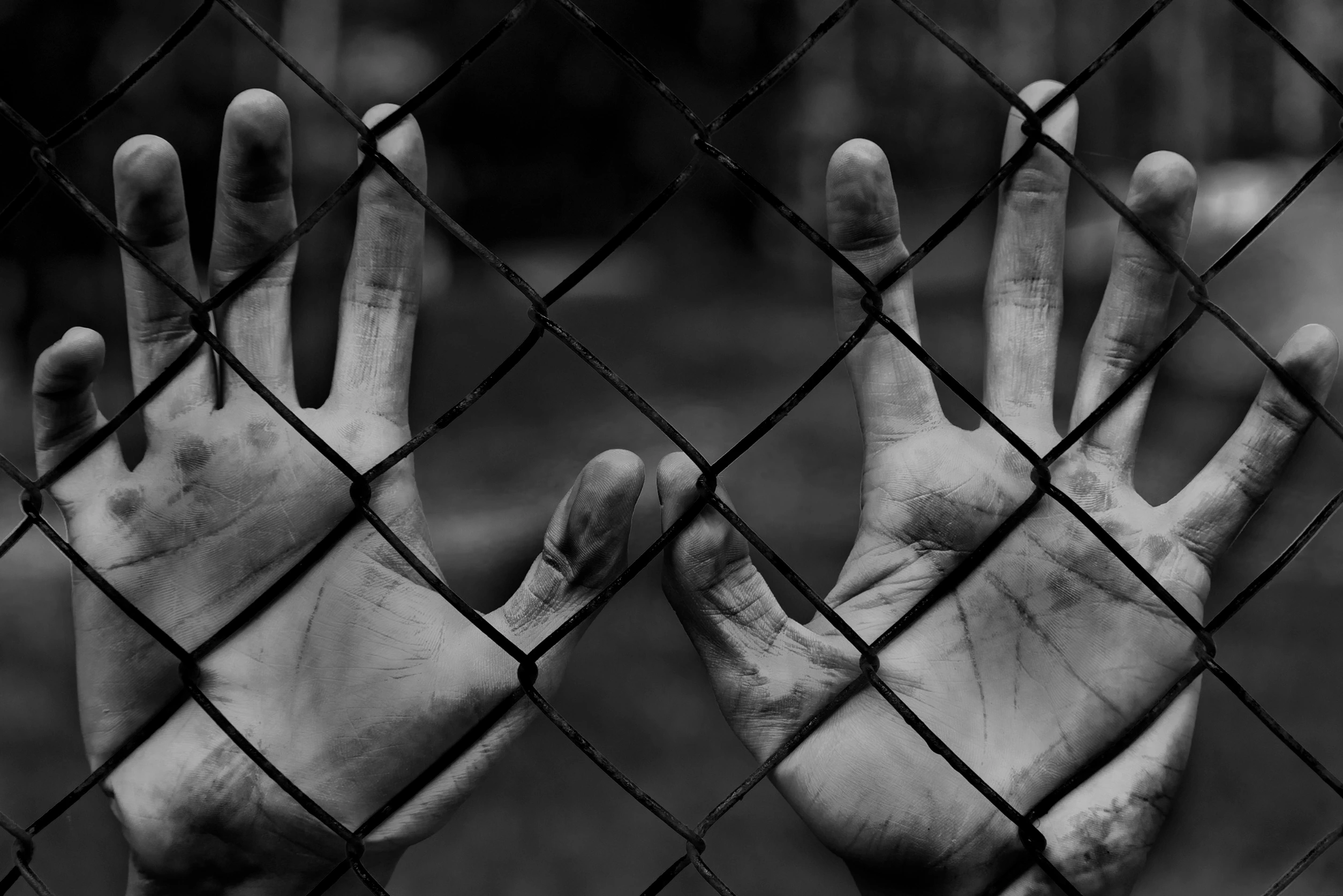
Misconceptions about poverty often cloud our understanding of its true nature and hinder our ability to address it effectively. Unveiling the truth behind these 10 common myths is essential for comprehending the real challenges and promoting informed action toward effective solutions. By dismantling these fallacies, we can pave the way for meaningful progress in combating global poverty.
1. Myth: Poverty Is Solely Due to Laziness

The assumption that poverty is simply a result of laziness ignores critical structural issues such as limited access to quality education, fluctuating economic conditions, and scarce employment opportunities. Many individuals facing poverty work tirelessly in multiple jobs, yet still struggle financially due to insufficient wages and escalating living costs.
2. Myth: Throwing Money at the Problem Will Fix It

Believing that increasing funding alone can eliminate poverty overlooks the need for systemic and strategic changes. Tackling poverty effectively involves thoughtful investments in education, healthcare, infrastructure, and the implementation of policies that address economic disparity and social inequities.
3. Myth: Poverty Is Only a Problem in Developing Countries

This myth fails to recognize that poverty is a global issue, affecting individuals even in the wealthiest nations. Developed countries grapple with income inequality, homelessness, and limited access to basic services for the disadvantaged, proving that poverty is not confined to any one region.
4. Myth: Poor People Are Uneducated

This stereotype is unfair and inaccurate, as many individuals in poverty highly value education but are hindered by factors like affordability, accessibility, and quality. Often, immediate survival needs take precedence over educational pursuits, perpetuating the cycle of poverty.
5. Myth: More Jobs Will Automatically Reduce Poverty

Creating jobs is not a cure-all for poverty. The emphasis should be on generating quality employment opportunities that provide adequate wages, job security, and prospects for advancement. Many who are impoverished are employed in low-paying or precarious jobs that fail to offer a livable wage.
6. Myth: Poverty Doesn’t Affect the Wider Community

Contrary to this belief, poverty has significant economic and social impacts on the broader community. High poverty levels contribute to increased crime rates, poorer public health, and diminished economic growth. Addressing poverty yields benefits for the entire society, fostering a healthier, more stable, and prosperous community.
7. Myth: Poor People Are Prone to Crime

This myth unjustly stigmatizes those in poverty, ignoring the myriad factors that contribute to criminal behavior. While economic desperation might lead to higher crime rates in some instances, many living in poverty are law-abiding citizens striving for a better life despite their circumstances.
8. Myth: Poverty Is Inevitable and Unsolvable

Viewing poverty as an unchangeable and unsolvable condition leads to apathy and inaction. History shows that strategic policies and targeted interventions can significantly reduce poverty. Believing in the possibility of change is the first step toward creating solutions.
9. Myth: All Poor People Live the Same Way

This oversimplification ignores the diversity of experiences among people living in poverty. Poverty manifests differently across various regions, cultures, and individual circumstances. Understanding this diversity is crucial for developing targeted and effective poverty alleviation strategies.
10. Myth: Welfare Programs Make People Dependent

The misconception that welfare programs create dependency neglects their role in providing essential support to those in need. These programs are often designed as stepping stones to greater stability, offering temporary assistance to help individuals regain their footing.
Realities of Poverty

Dispel myths, embrace facts. Understanding the realities of poverty is crucial in crafting and implementing effective solutions. It’s time to shift the narrative and focus on actions that truly make a difference in the fight against poverty.
Share this article to spread awareness and join the conversation about real solutions to poverty.
Tamila McDonald is a U.S. Army veteran with 20 years of service, including five years as a military financial advisor. After retiring from the Army, she spent eight years as an AFCPE-certified personal financial advisor for wounded warriors and their families. Now she writes about personal finance and benefits programs for numerous financial websites.
Leave a Reply